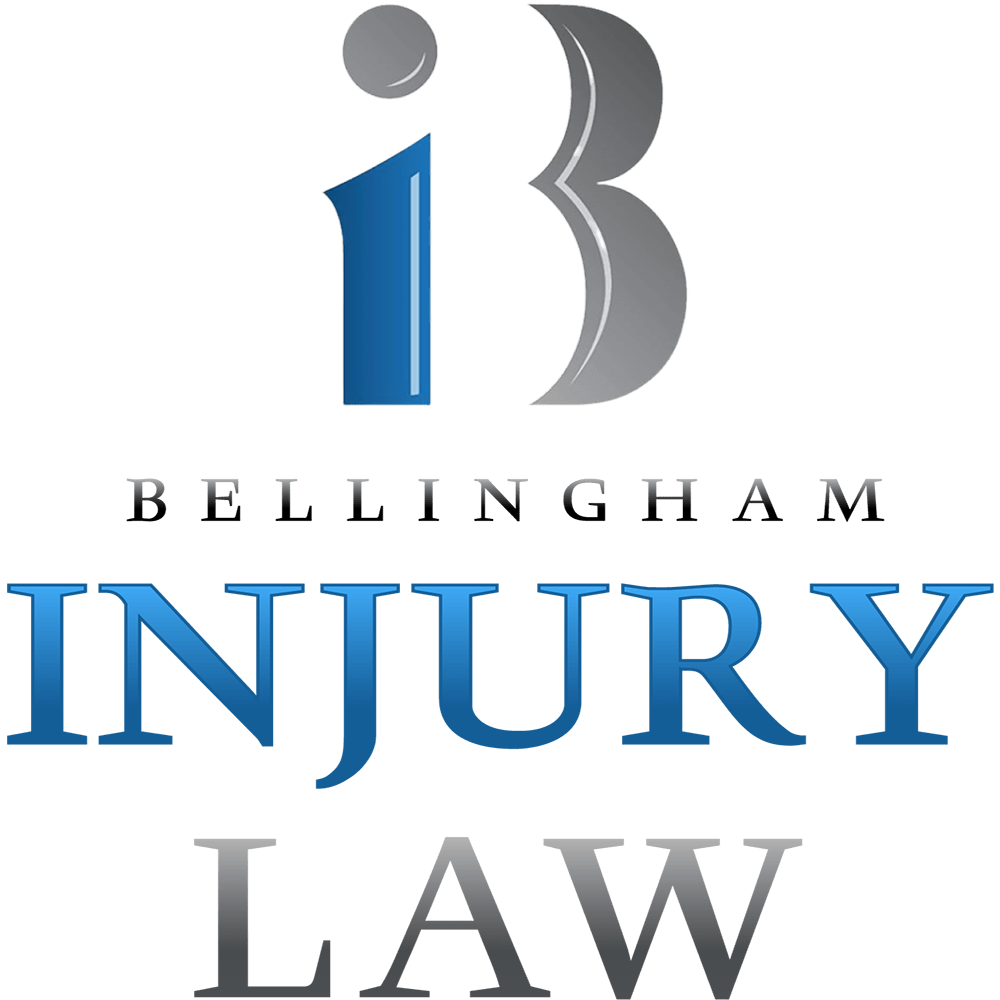No one sees them coming, but accidents happen.
Accidents can turn life completely upside down. It happens quickly, and without warning, and next thing you know, you have medical bills piling up, you’re losing time at work, and you’re experiencing even more emotional suffering as a result.
Auto insurance companies tend to make recovery much more difficult than it needs to be and usually, their initial settlement terms do not match the full value that the victims deserve.
If you or someone you love has been injured in a Washington car crash, you might be entitled to a larger amount of compensation than you realize. Unfortunately, without an attorney’s intervention, the at-fault drivers and their insurance companies are not likely to offer up the full amount you deserve. By hiring a lawyer, your chances of receiving proper compensation and maximal recovery are significantly increased.
Schedule a Consultation
Fill out the form below to schedule a review of your case today!
Liability, Negligence, and Fault
When accidents happen, one of the first questions people typically ask is: “Who is liable?”
Ultimately, this translates to: “Who is going to pay for the damages caused by the accident?” Liability for an accident in Bellingham is determined by Washington negligence laws and is based on fault.
Under Washington negligence law, any person at fault in an accident that causes damage to another is responsible for that damage. But what about the times when the person claiming damages shares the fault?
Comparative Negligence provides a way to allocate fault between parties when the answer to this question is not entirely clear.
Washington is a Pure Comparative Negligence state. Under these laws, the plaintiff’s damages are totaled and then reduced to reflect their contribution to the injury.
For example, if a plaintiff was awarded $10,000 and the judge or jury determined that the plaintiff was 25% responsible, they would then be awarded $7,500.
If you have been injured in an auto accident due to someone else’s negligence, you may be entitled to financial compensation. The damages available for your claim will depend on the extent of your injuries and insurance coverage, but in most cases, compensation can include the following:
- Medical Bills
- Lost Wages
- Pain and Suffering
- Emotional Distress
- Property damages
- Rental car costs
- Household expenses
- Loss of future earnings
- Future medical bills
- Money you owe out of pocket
- Wrongful death damages (e.g., burial expenses, loss of companionship, etc.)
Once a settlement has been agreed upon, the appropriate funds are used to pay all outstanding medical bills. We verify what liens are outstanding and prepare a draft accounting of the distribution of the proceeds, called a Settlement Statement.
Here is a breakdown of the Settlement Statement:
- We first start with the “Gross Recovery” amount – the total sum of compensation received from the at-fault party or their insurance company.
- Next, deductions are taken from that amount to pay the contingency fee and any expenses.
- Then comes the lien payouts or payments for any outstanding medical bills.
- That leaves a net amount payable to you.




